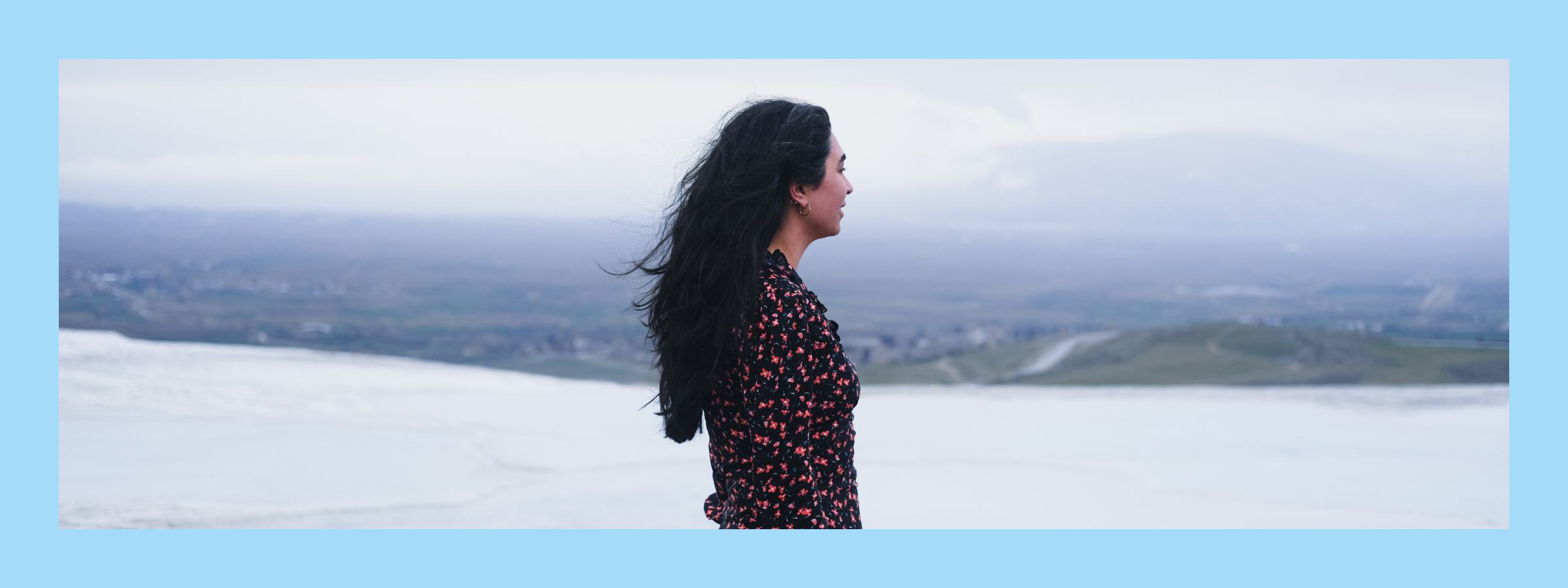
Anaemia Treatment and Symptoms
What is Anaemia?
Anaemia is a common blood disorder that affects millions of people worldwide. It occurs when your body doesn't have enough red blood cells or haemoglobin, the substance in your red blood cells that enables them to carry oxygen. As a result, your body's tissues and organs don't get enough oxygen, which can affect their function. But what are the symptoms of anaemia? In this blog post, we'll explore three common symptoms of this condition and how to treat it.
What are the Common Symptoms?
One of the most common symptoms of anaemia is a feeling of fatigue or weakness. This happens because your body isn't getting enough oxygen, which it needs for energy. You might find yourself feeling tired even after a good night's sleep or struggling to complete tasks that you used to do easily. This fatigue can be mild at first but can become more severe as the anaemia worsens.
Another symptom of anaemia is shortness of breath or rapid heartbeat, especially during physical activity. If you're anaemic, you might find yourself getting out of breath more easily than usual during exercise or even during everyday activities like walking up stairs. This happens because your heart has to work harder to pump oxygen-rich blood around your body due to the lack of red blood cells or hemoglobin.
A third symptom of anaemia is pale skin or mucous membranes (the moist tissues inside your mouth and nose). This happens because there aren't enough red blood cells to give your skin its usual colour. Other physical changes that can occur with anaemia include brittle nails, a sore tongue, and unusual cravings for non-food substances like ice or dirt (a condition known as pica).
When Should You See a Doctor?
While these symptoms can be signs of anaemia, they can also be caused by other health conditions. Therefore, it's important not to self-diagnose but instead see a healthcare provider if you're experiencing these symptoms and are concerned about your health. In particular, you should seek medical attention if you're experiencing severe fatigue, shortness of breath with minimal exertion, chest pain or dizziness – these could be signs that your body isn't getting enough oxygen and needs immediate treatment.
Remember that early detection is key in managing anaemia effectively. Regular check-ups with your healthcare provider will ensure any changes in health are caught early on. By staying informed about conditions like these we empower ourselves with knowledge that aids in maintaining our overall well-being.
What are the Treatments for Anaemia?
-
Iron and other supplements. Your doctor may give you a prescription for an iron supplement, folic acid (vitamin B9) or vitamin B12) or you may be told toeat more high iron foods like red meats, enriched grains and cereals.
-
Blood Transfusions. The transfusion increases the number of red blood cells in your blood. This means that more oxygen can be carried around your body to your tissues and organs. This will increase your energy levels and reduce breathlessness.
- Erythropoietin Stimulating Agents. A medical professional can administer erythropoietin stimulating agents as a shot under your skin. They’re synthetic versions of the hormone erythropoietin produced by your kidneys. This hormone stimulates the production of red blood cells.
Can Anaemia be Treated Quickly?
Although symptoms do go away after treatment has finished, they can last for a few weeks. Try these simple tips below.
-
Sufficient Sleep. You should rest every day, limit yourself to only doing the activities you can handle, and plan your activities for when you are most energetic. Try to get seven to nine hours of sleep every night; take one 20- to 30-minute nap each day if you need it. Check out our power nap blog 'Benefits of Power Naps'
-
Staying Hydrated. Lack of fluid intake can be a cause of anaemia. In one study, they found that water intake may improve anaemia by increasing the haemoglobin index. If you are struggling with this due to nausea and vomiting read our blog 'The Importance of Hydration'
-
Iron-Rich Foods. Your body absorbs more iron from meat than it does from other sources. If you choose to not eat meat, you may need to increase your intake of iron-rich, plant-based foods to absorb the same amount of iron as does someone who eats meat.
-
Vitamin C enhances iron absorption. You can enhance your body's absorption of iron by drinking citrus juice or eating other foods rich in vitamin C at the same time that you eat high-iron foods.
- Keeping a journal of your symptoms. This will help keep your cancer care team up to date and reduce the risk of symptoms becoming worse.
For more info check out the following - What is the main causes of anaemia?
Youtube - Anaemia & Chemo: A Common Side Effect









Leave a comment
This site is protected by hCaptcha and the hCaptcha Privacy Policy and Terms of Service apply.